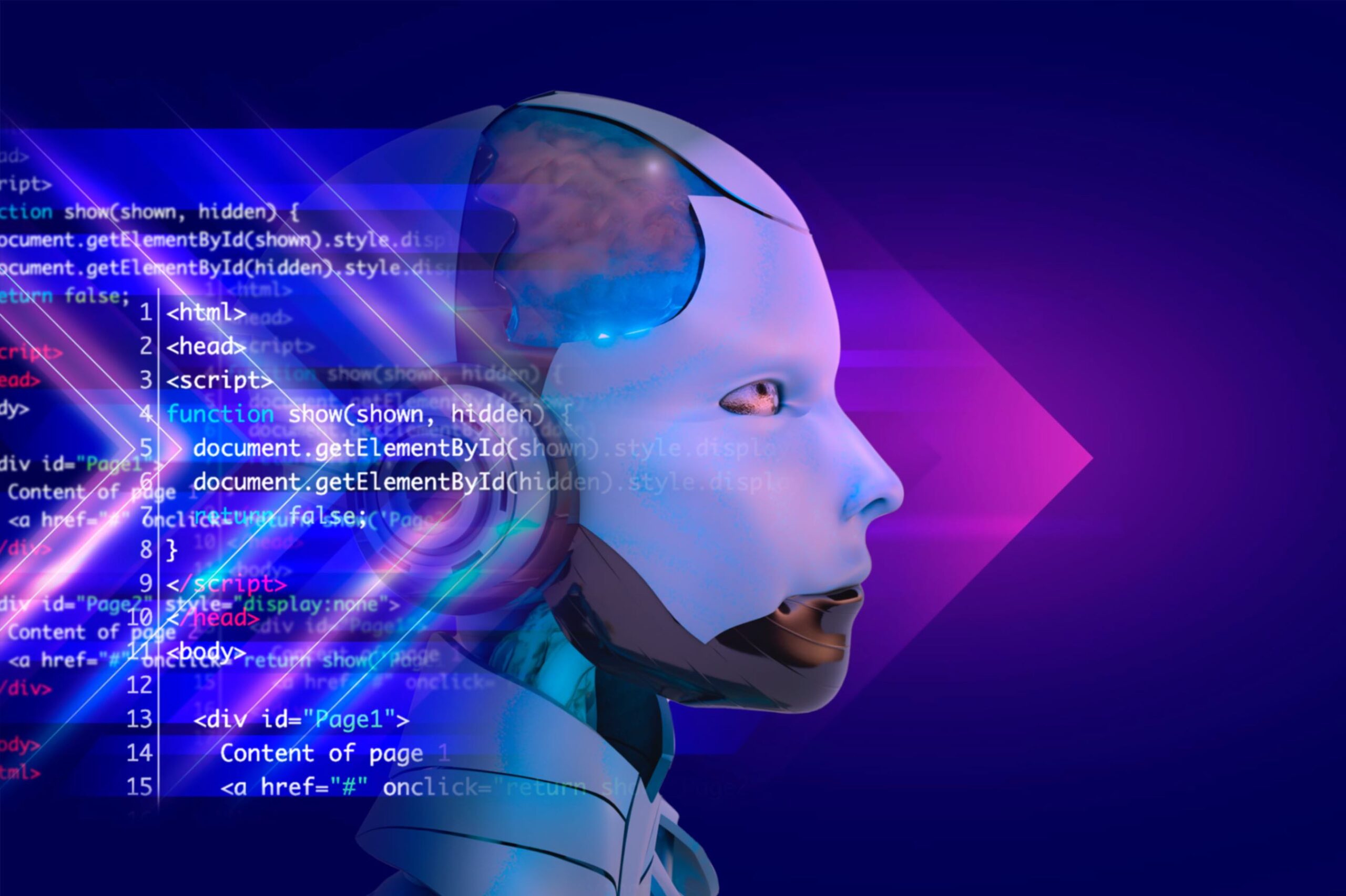Recently released, ChatGPT, the artificial intelligence (AI) chatbot quickly went viral. Five days after its launch, its user count was over 1 million.
It’s been called a “tipping point,” in the AI world because it is so easy to use. Just write a message and ChatGPT will write back in chatty, “plain” English.
As exciting as this new AI sounds, can we trust it for health or medical advice?
What is ChatGPT?
ChatGPT – the GPT stands for Generative Pre-trained Transformer – is an artificial intelligence platform from San Francisco-based startup OpenAI.
The online tool is free and can respond to questions in a conversational tone, using its training on millions of pages of internet data.
It’s free, available 24/7 and simple to use. So, what are the potential drawbacks?
Trust Issues
Public search engines, like ChatGPT, use large sections of the internet that may contain wrong information or even medical scams.
The current version of ChatGPT uses data available in September 2021. As a result, much of the information may be outdated.
A basic internet search on a topic allows you to make a judgement call based on the source.
For example, is the information from Harvard Medical School or a random site? However, like most AI systems, ChatGPT does not list its sources.
What Users Say
Social media is full of examples of how ChatGPT is being used in informative, and sometimes hilarious ways. However, some examples show how wrong a response can be, as seen in the ridiculous explanation for why crushed porcelain added to breast milk can support the infant digestive system.
Advice From the Developers
According to the developers of Open AI, “ChatGPT is not connected to the internet, and it can occasionally produce incorrect answers. It has limited knowledge of world and events after 2021 and may also occasionally produce harmful instructions or biased content. We’d recommend checking whether responses from the model are accurate or not.”
Further down the home page, the developers comment that “ChatGPT will occasionally make up facts or “hallucinate” outputs.”
The developers say it’s important to realize that its responses should not be considered as medical advice but could be a helpful tool to gain a general understanding of medical concepts and terminology.
“A human in the loop is still very much needed,” said Katie Link, a machine learning engineer at Hugging Face, a company that develops collaborative machine learning tools.
Mixed Responses
Experts in the field have very different opinions about using it for medical information.
“I see no potential for it in medicine,” said Emily Bender, a linguistics professor at the University of Washington. By their very design, these large-language technologies are inappropriate sources of medical information, she said.
Some experts disagree and see a surge in use as time goes on.
Dr. Robert Pearl, former CEO of Kaiser Permanente, a 10,000-physician health care organization, is excited about the potential.
“I am certain that five to 10 years from now, every physician will be using this technology,” he said. If doctors use chatbots to empower their patients, “we can improve the health of this nation.”
Growing in Popularity
Last month, Microsoft and Google both announced plans to include AI programs similar to ChatGPT in their search engines.
Discussions about setting up guidelines and guardrails to help use AI responsibly are ongoing but until that happens, it’s important for everyone to understand the limitations of these new platforms.
Can you use ChatGPT for Health and Wellness Info?
It depends. Fact checking is a must. It’s important to be aware of its drawbacks and do additional research before making any decisions.
Although you might find advice on TikTok or Instagram, you shouldn’t use that as your only source of information. Those platforms might serve as a reminder or inspiration for your wellness journey. ChatGPT could be used as a similar tool.
For better or worse, these platforms are here to stay, so it makes sense to learn how to use them to help live healthier, happier lives.

Thank you, You will be automatically subscribed to the our newsletter.